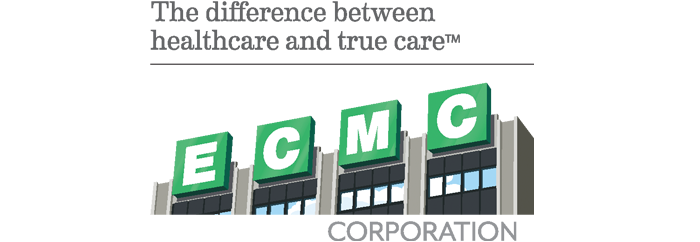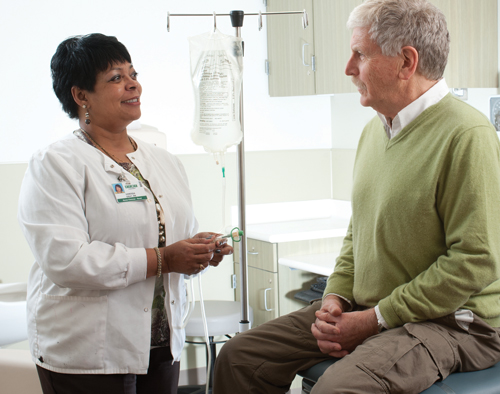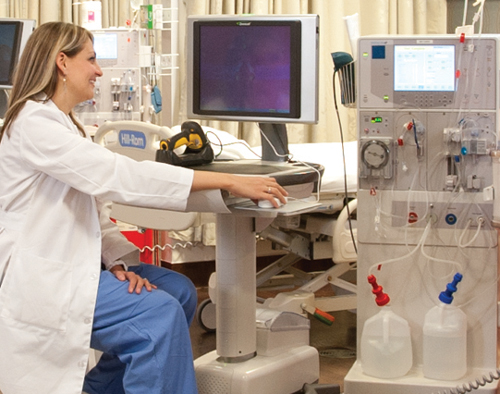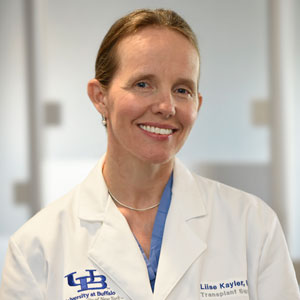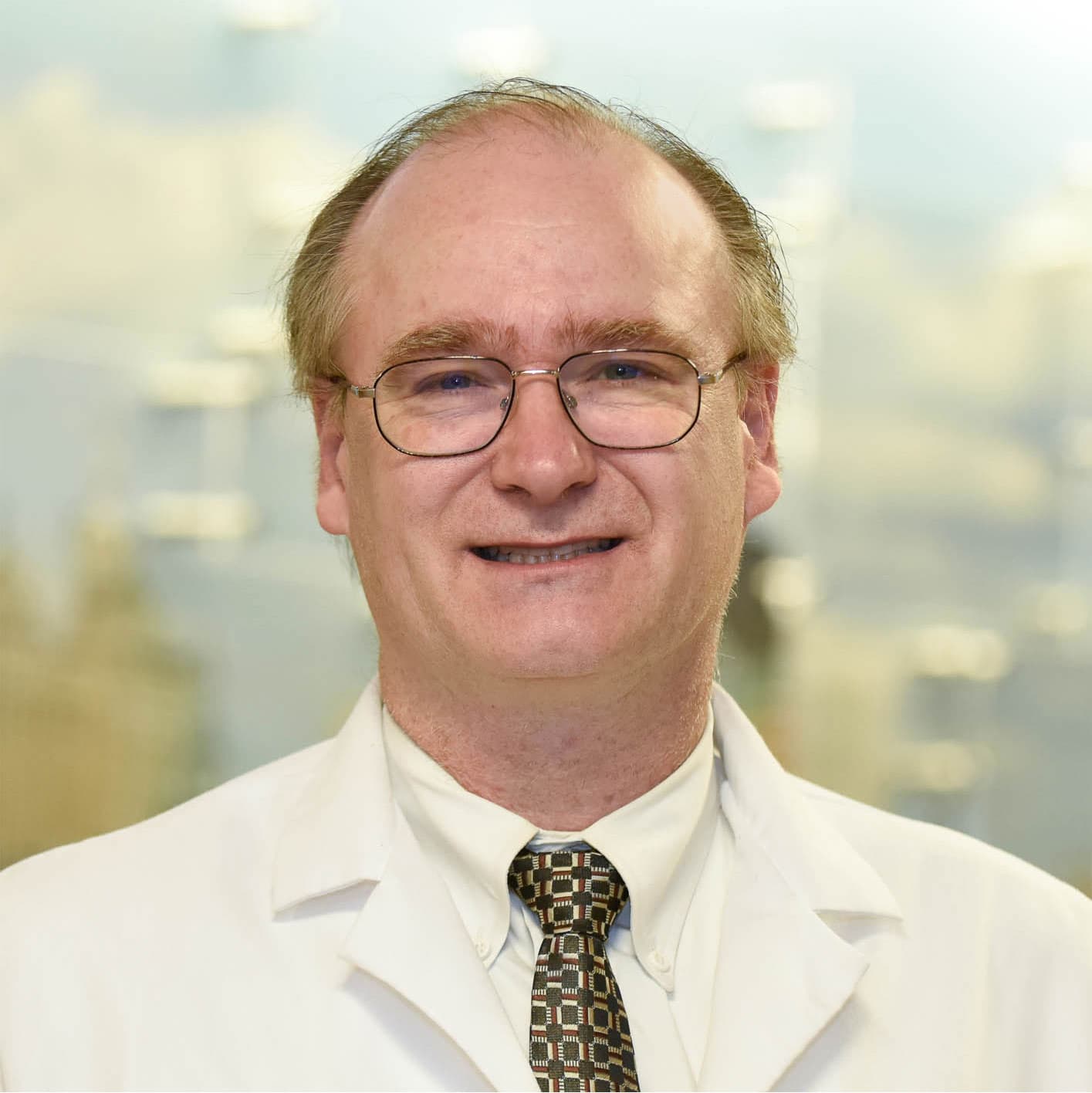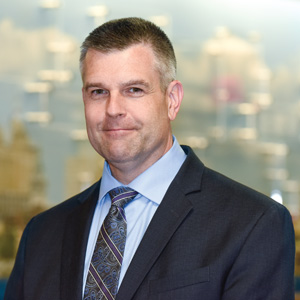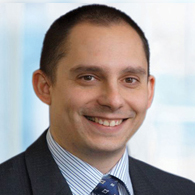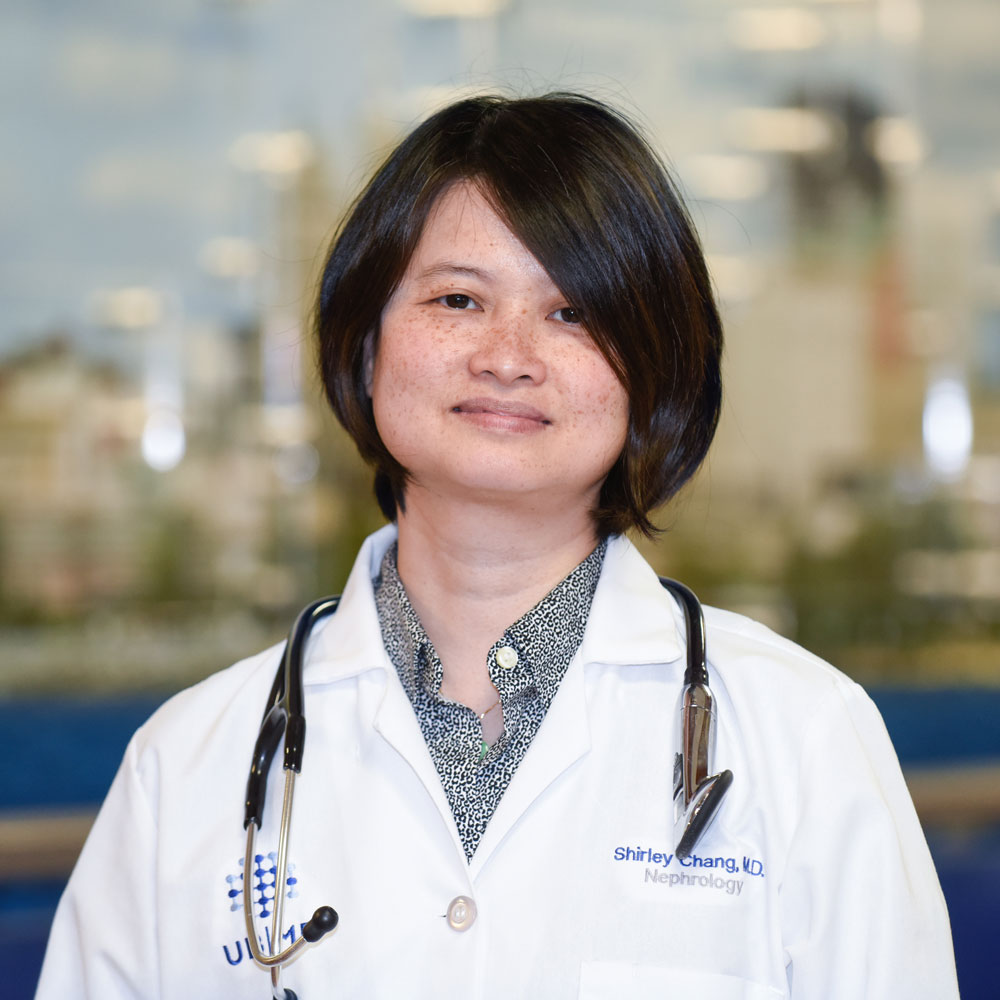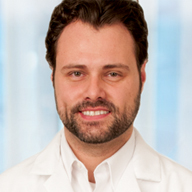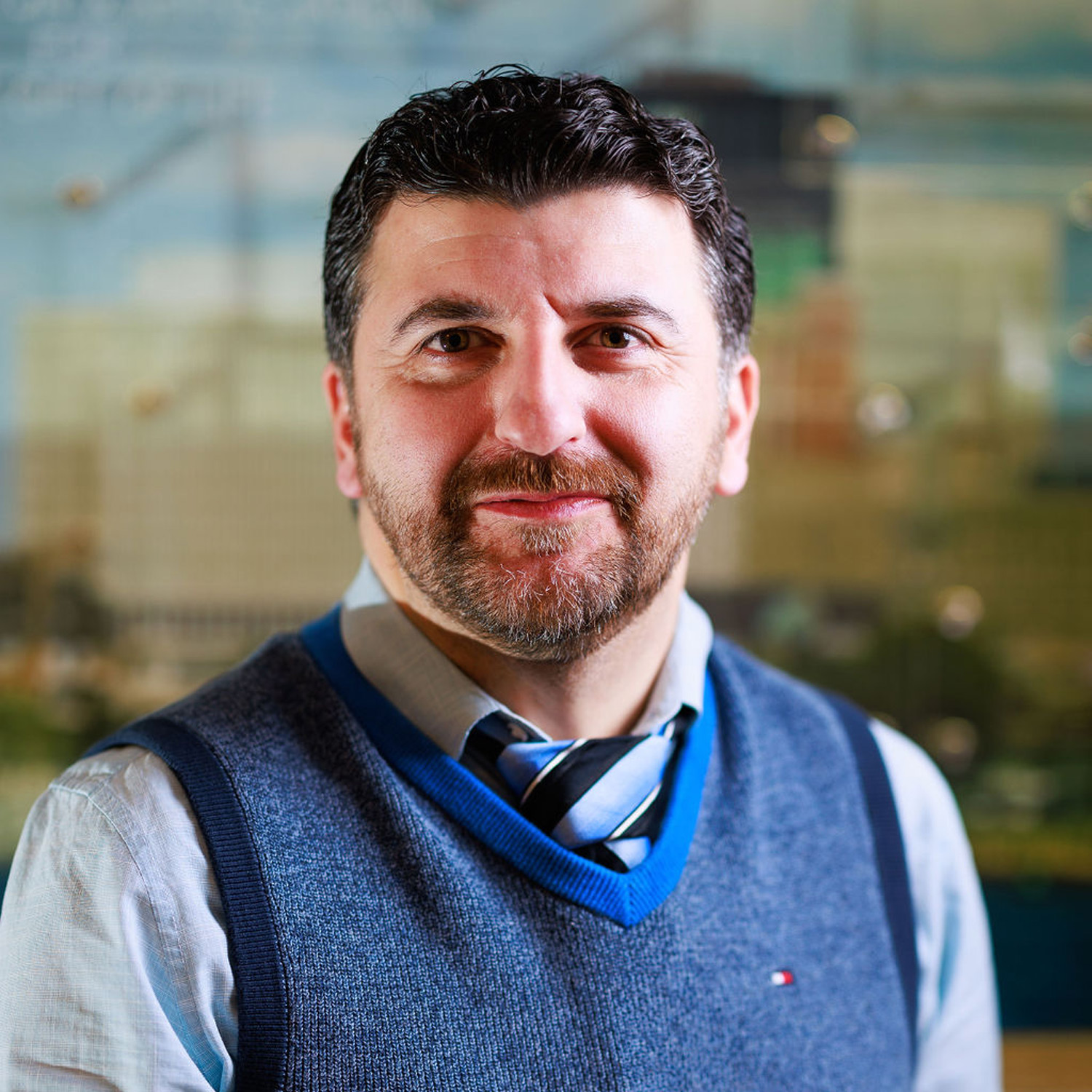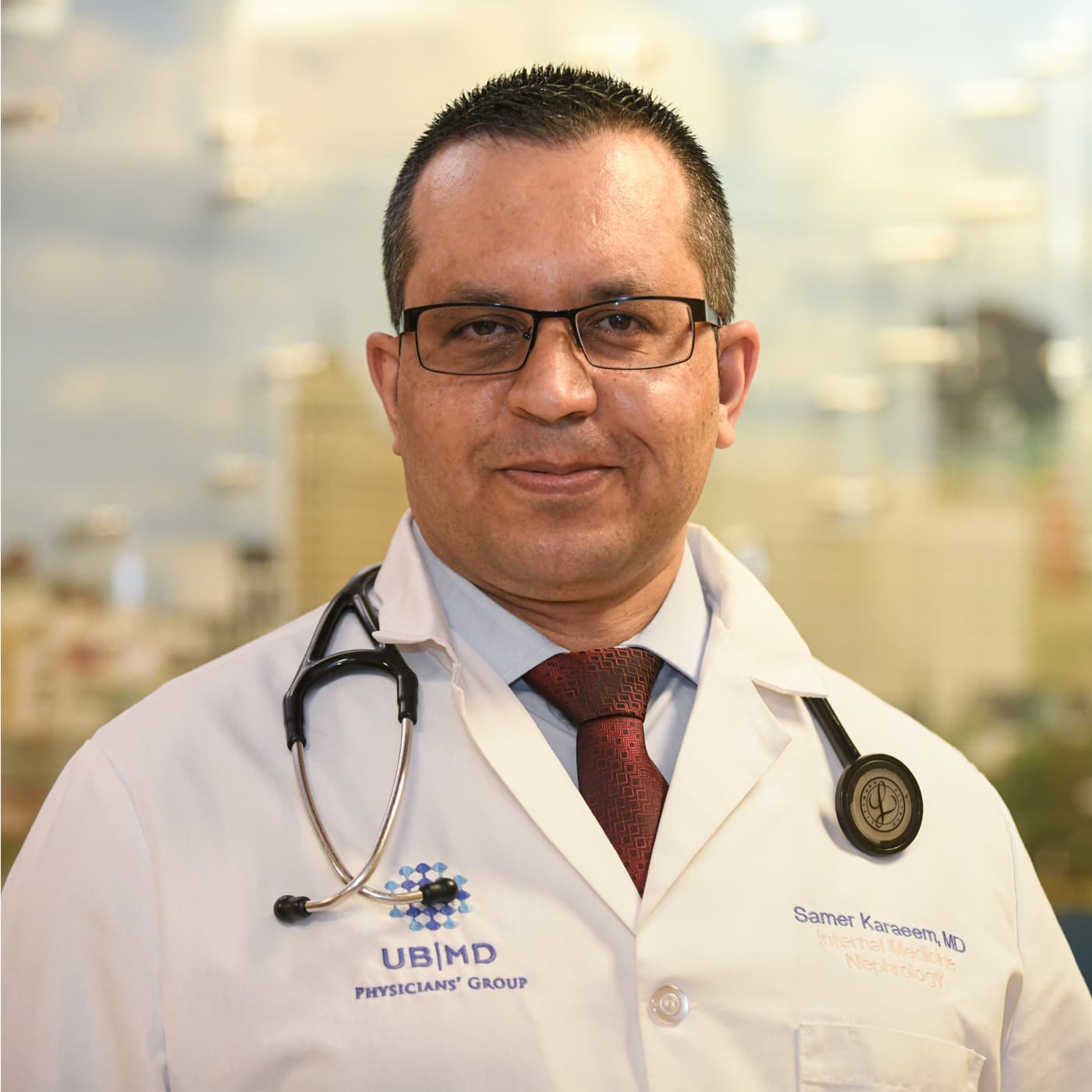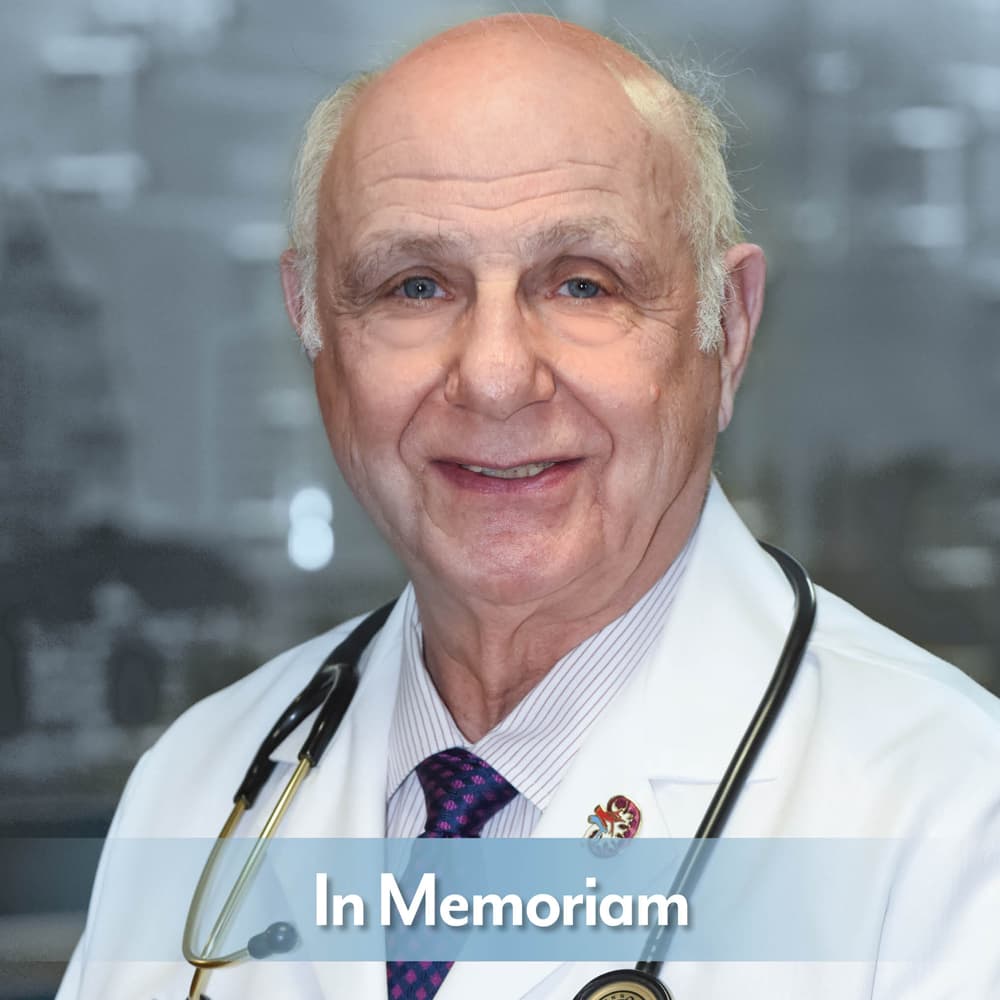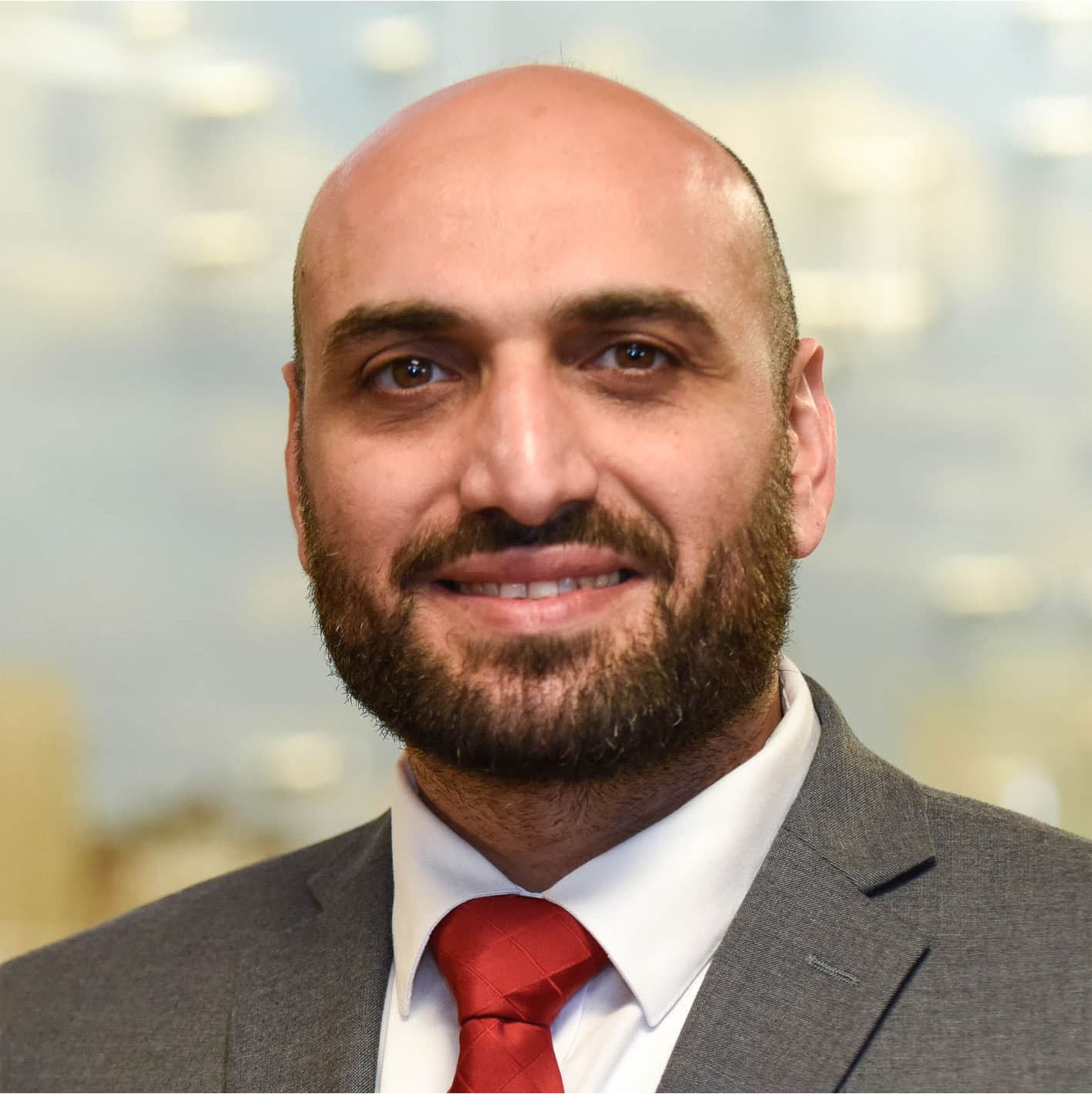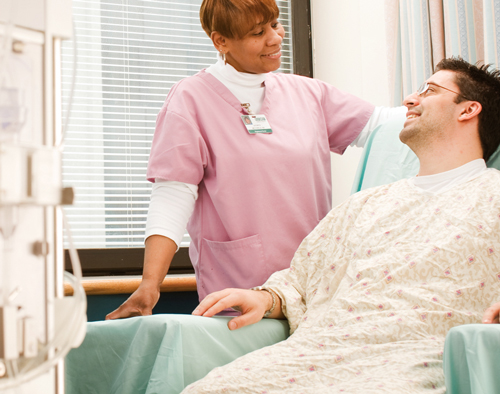
For patients facing end stage kidney failure, kidney dialysis serves as an artificial replacement for the body’s kidney functions, including waste removal. To serve our patients across a spectrum of needs, we offer outpatient and inpatient dialysis, as well as options for kidney dialysis at home. No matter where you’re treated, our team is committed to making dialysis as comfortable, convenient, and relaxing as possible, and offer amenities to improve the experience.
Outpatient Kidney Dialysis
With the opening of the Regional Center of Excellence, WNY outpatients now have access to the region’s largest and most up-to-date kidney dialysis unit.
Located on the ground floor of the ambulatory care building, which is one of the newest buildings on the ECMC campus, the dialysis unit is designed for easy access and patient convenience. We also offer four isolation treatment stations for patients with unique and different medical needs. For the comfort of our patients, flat-screen TVs are located at every treatment station. The facility also includes built-in Hoyer lifts for patients with limited mobility.
At ECMC, we believe in a nursing-care model. Patients will always be cared for by an RN or LPN throughout every single dialysis treatment. The unit is also staffed by:
- A medical director
- A dietitian who will recommend an optimum renal diet for you
- A social worker who will help you access services to ease your adjustment to your renal condition during treatments and arrange for your dialysis treatments when you travel out of town
We are a patient-centered unit, with a Patient Advocacy/ESRD Grievance Committee that meets every other month to voice the needs, issues, and concerns of our patients on their behalf.
Our outpatient kidney dialysis unit is designated as a Five-Diamond Patient Safety Facility recognized for genuine concern for the quality of patient safety and extra steps taken to ensure the best for patients.
For Dialysis Patient Convenience and Easy Access to Care
For convenience and ease of access for ECMC Outpatient Dialysis Center patients, six (6) parking spaces have been designated and specifically marked in the DKM Circle (between the David K. Miller and Ambulatory Center buildings) on the ECMC Health Campus.
To park in these designated spaces, a special tag is required to be hung from dialysis patients’ rear view mirrors. The parking tags have been sent by certified mail to dialysis patients.
To allow patients sufficient time to adjust to the assignment of these parking spots, a notification time frame will be allowed: For patients who are parked in the assigned spaces without the necessary tag hung from their rear view mirrors, ECMC Police will issue parking warning tags through July 4, 2016. Beginning July 5, 2016, parking tickets will be issued to those individuals who park in these designated spaces without the required tag attached to their rear-view mirrors.
Thank you for following these parking guidelines to enable outpatient dialysis patients to have easy access to the care they require on a regular basis.
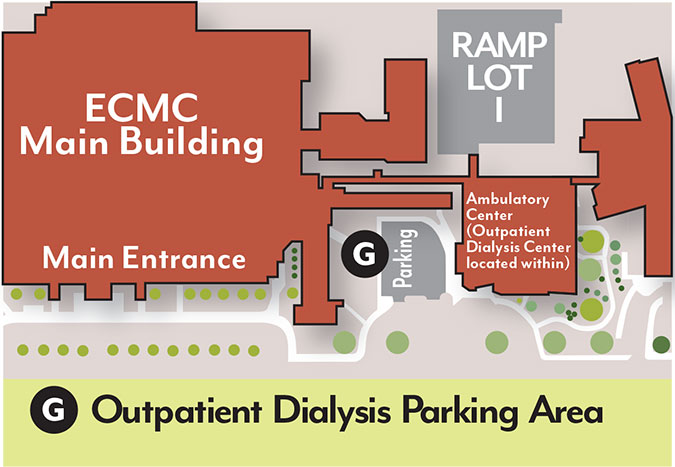
Inpatient Kidney Dialysis
ECMC also offers a new state-of-the-art inpatient dialysis unit within the Center, ensuring that patients from throughout ECMC never have to leave the campus to get the treatment they need.
Our inpatient kidney dialysis unit features six stations, offering a similar level of comfort and convenience as our outpatient facility.
Home Kidney Dialysis
Home hemodialysis (HHD) is an excellent option for certain patients. In fact, HHD is actually performed more frequently than traditional, in-center hemodialysis. The benefits include improved well-being and fewer complications during treatment.
Patients sometimes prefer HHD for a variety of reasons, including:
- Convenience of being treated in the comfort of their own home
- Shorter treatment times when kidney dialysis is done daily
- Treatment can be administered with the help of a partner
- Maintenance of an active lifestyle at work, school, and while traveling
- Allows a more liberal renal diet compared to that of an outpatient dialysis patient
If you have end stage renal disease (ESRD), you and your nephrologist can discuss whether this option is a good fit for your lifestyle.
ECMC offers our patients two different kinds of kidney dialysis—hemodialysis and peritoneal dialysis.
Hemodialysis
During hemodialysis, tubes connect the patient to a machine that filters the blood. Hemodialysis is usually done three times a week for three to four hours each time. It is usually done at a dialysis center, although in some cases, families can be trained to do the treatment at home. Hemodialysis patients must adhere to a strict diet, restrict their fluid intake and may feel unwell, especially after dialysis.
Peritoneal
Peritoneal dialysis uses the abdominal cavity membrane called the peritoneal membrane to filter the blood. During this type of dialysis, a tube is placed permanently into the abdomen. During treatment, a fluid called dialysate is infused into the abdominal cavity. Waste and extra fluid move into the dialysate and after a few hours, the fluid is drained out. This is called an exchange. Patients can do four to five exchanges per day, or the exchanges may be done at night with the help of a machine that cycles the exchanges while the person is sleeping.
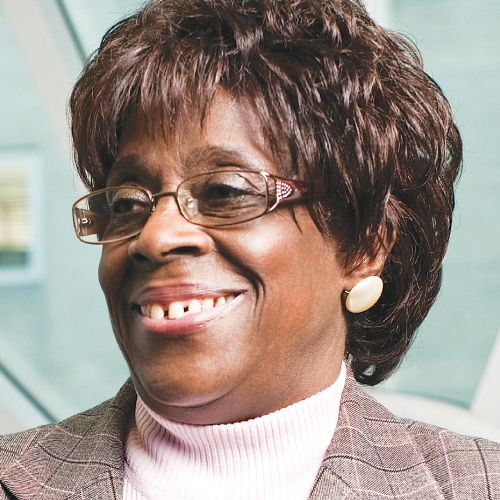
ECMC has been a life-saving and life-changing center for transplant recipients like myself, dialysis patients, families and all within the renal community. We are most grateful for the excellent care and services that we continue to receive from ECMC.”
Our Doctors
Meet our dedicated team of doctors and nephrologists who bring the best of their comprehensive medical expertise to bear for our renal care patients.
James Lukan, MD, FACS
Doctors, Renal Care, Outpatient Specialty ClinicsRaphael Blochle, MD
Doctors, Renal Care, Outpatient Specialty Clinics, Trauma Center and Emergency Care, Surgery, Surgical ClinicsRocco C. Venuto, MD
Doctors, Renal CareYou are now leaving ECMC.edu
Erie County Medical Center Corporation (ECMCC) is not responsible for the content, privacy policy, accuracy or legality of any website accessed through a link on www.ecmc.edu. A link to another website does not constitute an endorsement, guarantee or approval by ECMCC of the linked website, or the information, products or services contained therein.
